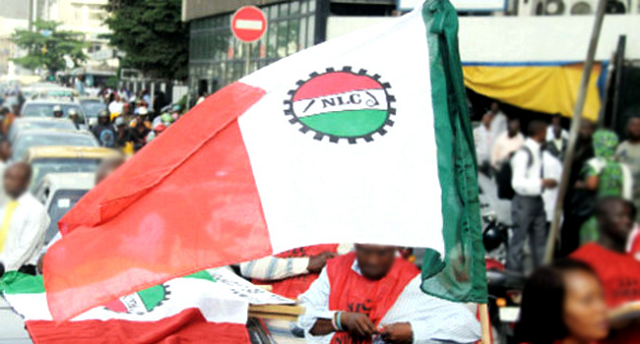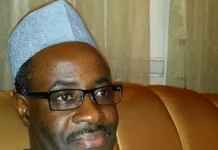After a prolonged hiatus, the tripartite committee set up by the Federal Government is scheduled to reconvene today, Wednesday, May 15, 2024, according to sources familiar with the matter in Abuja on Monday.
Labour unions have remained resolute in their demand for a minimum wage of N615,000 and have maintained their stance on the May 31, 2024 deadline.
The resumption of talks follows the failure of the Federal Government to present a universally acceptable minimum wage to Nigerians after the expiration of the previous minimum wage on April 18, 2024.
President Bola Tinubu, represented by Vice President Kashim Shettima, inaugurated the 37-member tripartite committee on January 30, 2024, to propose a new minimum wage.
Comprising representatives from federal and state governments, the private sector, and organized labor, the committee’s mandate is to recommend a new national minimum wage.
During the inauguration, Shettima urged members to expedite their deliberations and submit their reports promptly, emphasizing the importance of timely resolution.
A zonal public hearing was held simultaneously on March 7, 2024, in Lagos, Kano, Enugu, Akwa Ibom, Adamawa, and Abuja as part of the committee’s assignment.
At these hearings, various stakeholders proposed different figures for the minimum wage, reflecting regional economic realities and the cost of living.
While labor unions proposed N615,000 as the new minimum wage, other figures were proposed in different zones, ranging from N447,000 to N850,000.
Since the zonal hearings in March, there has been little information about the committee’s progress.
Confirming the resumption of negotiations, anonymous sources disclosed on Tuesday that the committee would reconvene on Wednesday.
The sources indicated that reports from all zones had been submitted, and expectations are high for a speedy conclusion of the process, in line with the May 31 deadline set by organized labor.
They emphasized the need for the Federal Government to make a realistic offer that addresses the interests of workers and the nation’s economy.
Notably, the demand for a reasonable minimum wage aligns with the belief that increased wages enhance workers’ purchasing power, leading to economic growth.
Meanwhile, labor unions have reiterated their commitment to the proposed N615,000 minimum wage and the May 31 deadline.
However, there has been a stalemate in negotiations, with the government and private sector proposing figures significantly lower than labor’s demand.
While there are concerns about the practicality of the N615,000 minimum wage, stakeholders advocate for a middle-ground approach to ensure a fair and sustainable resolution.













